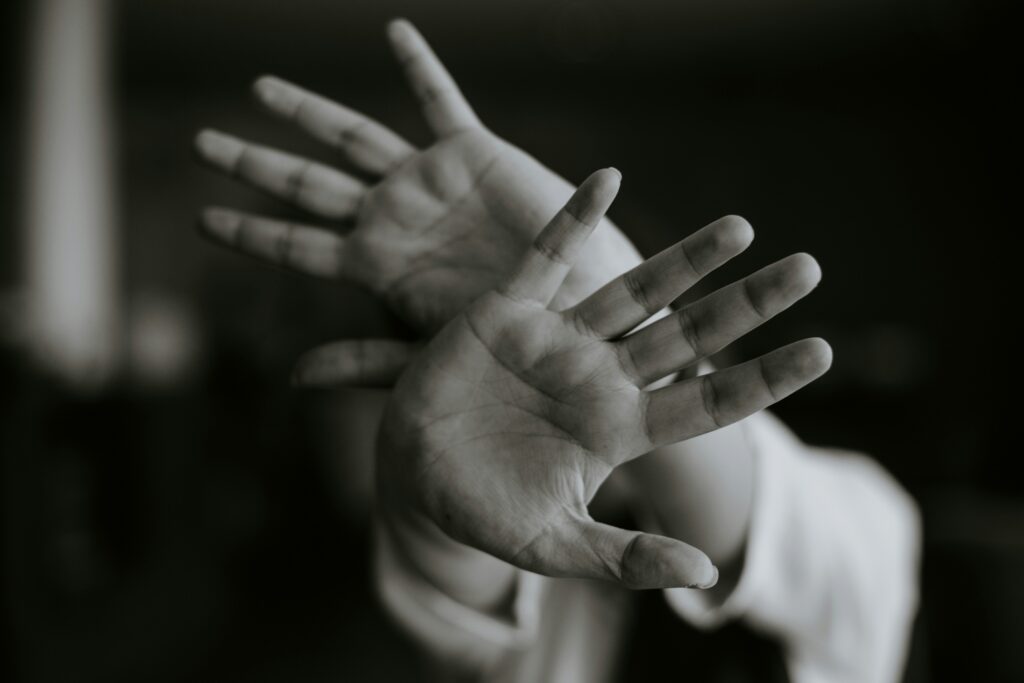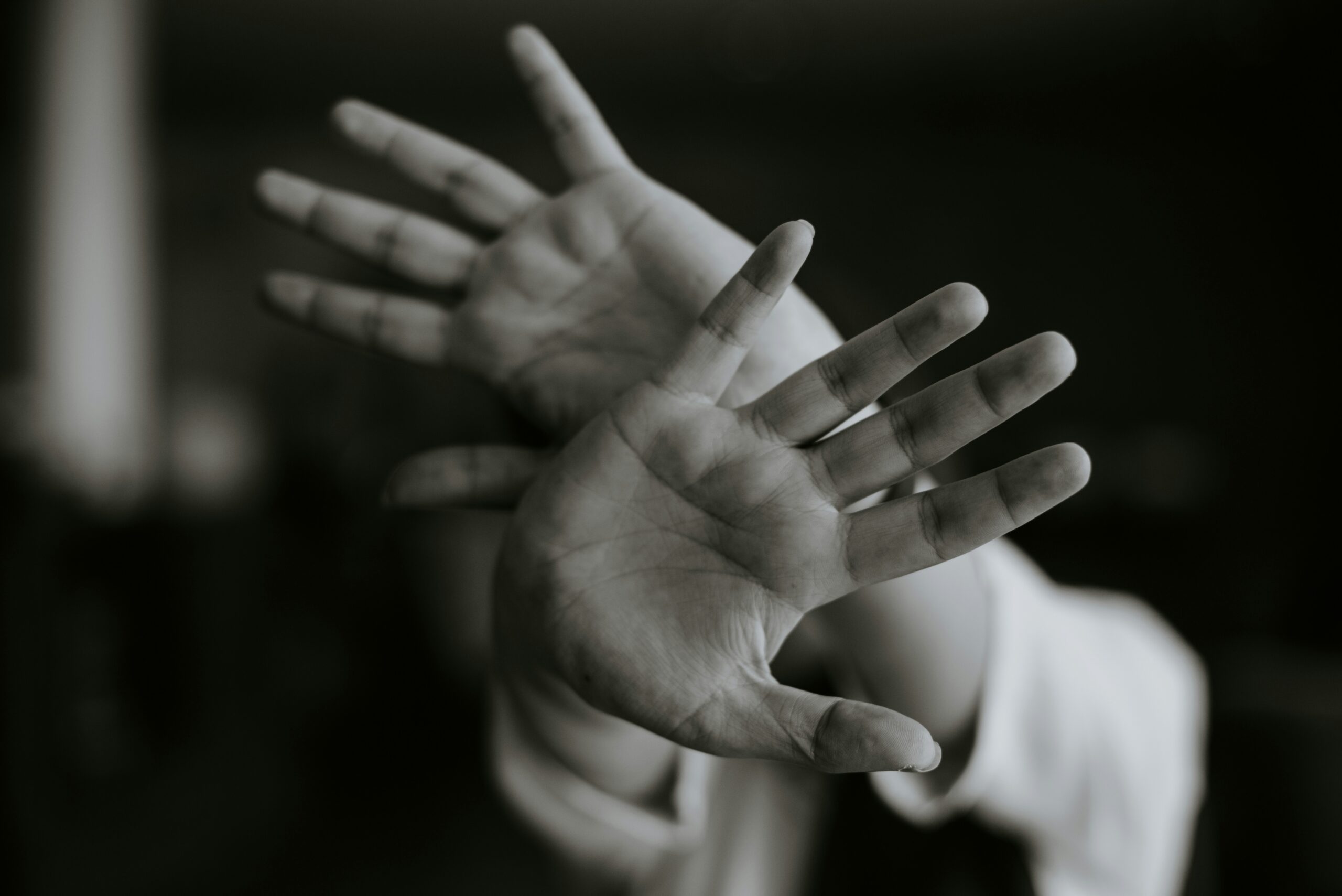
Yes, grief can definitely cause anxiety. Losing someone you love brings a lot of uncertainty and changes in your life. These changes can make you feel scared, worried, and anxious. Grief can make you worry about the future, fear more losses, and feel anxious about how to handle life changes.
Symptoms of Anxiety Related to Grief
When you are grieving, you might notice some common symptoms of anxiety:
- Restlessness: You might feel constantly on edge and unable to relax.
- Difficulty Concentrating: It can be hard to focus on tasks or remember things.
- Irritability: You may find yourself getting easily annoyed or frustrated.
- Muscle Tension: Anxiety can cause your muscles to feel tight and sore.
- Sleep Disturbances: You might have trouble falling asleep, staying asleep, or getting restful sleep.
In some cases, grief can make existing anxiety disorders worse or even cause new ones to develop.
Managing Grief-Related Anxiety
It’s important to take steps to manage your anxiety when you are grieving. Here are some tips to help you cope:
- Practice Self-Care: Taking care of your physical and emotional health is crucial. Make sure to eat well, get enough sleep, and exercise regularly.
- Seek Professional Support: Talking to a grief counselor or therapist can provide you with strategies to manage your anxiety.
- Relaxation Techniques: Try deep breathing exercises, mindfulness meditation, or progressive muscle relaxation to help calm your mind and body.
- Stay Connected: Spend time with supportive friends and family members. Talking about your feelings can help reduce anxiety.
Importance of Self-Care
During this challenging time, self-care is essential. Here are some additional self-care strategies:
- Healthy Eating: Eating nutritious meals can help keep your body strong and your mind clear.
- Regular Exercise: Physical activity can improve your mood and reduce anxiety.
- Relaxation Practices: Activities like yoga, meditation, or even a warm bath can help you relax.
Conclusion
Grief can indeed cause anxiety, but understanding this connection and taking steps to manage it can help you cope. Practicing self-care, seeking support from professionals, and staying connected with loved ones are key strategies. Remember, it’s okay to feel anxious, and there are ways to manage these feelings during your grief journey.
For more resources on navigating grief and finding support, visit healingstartswiththeheart.com. Here you can find:
- Blog posts on grief and healing
- Information on grief support programs
- The Griever’s Guide
- A quiz to identify if you are grieving
- Appointment scheduling with grief specialists
- Join our private Facebook group: Hope, Heal, and Recover




